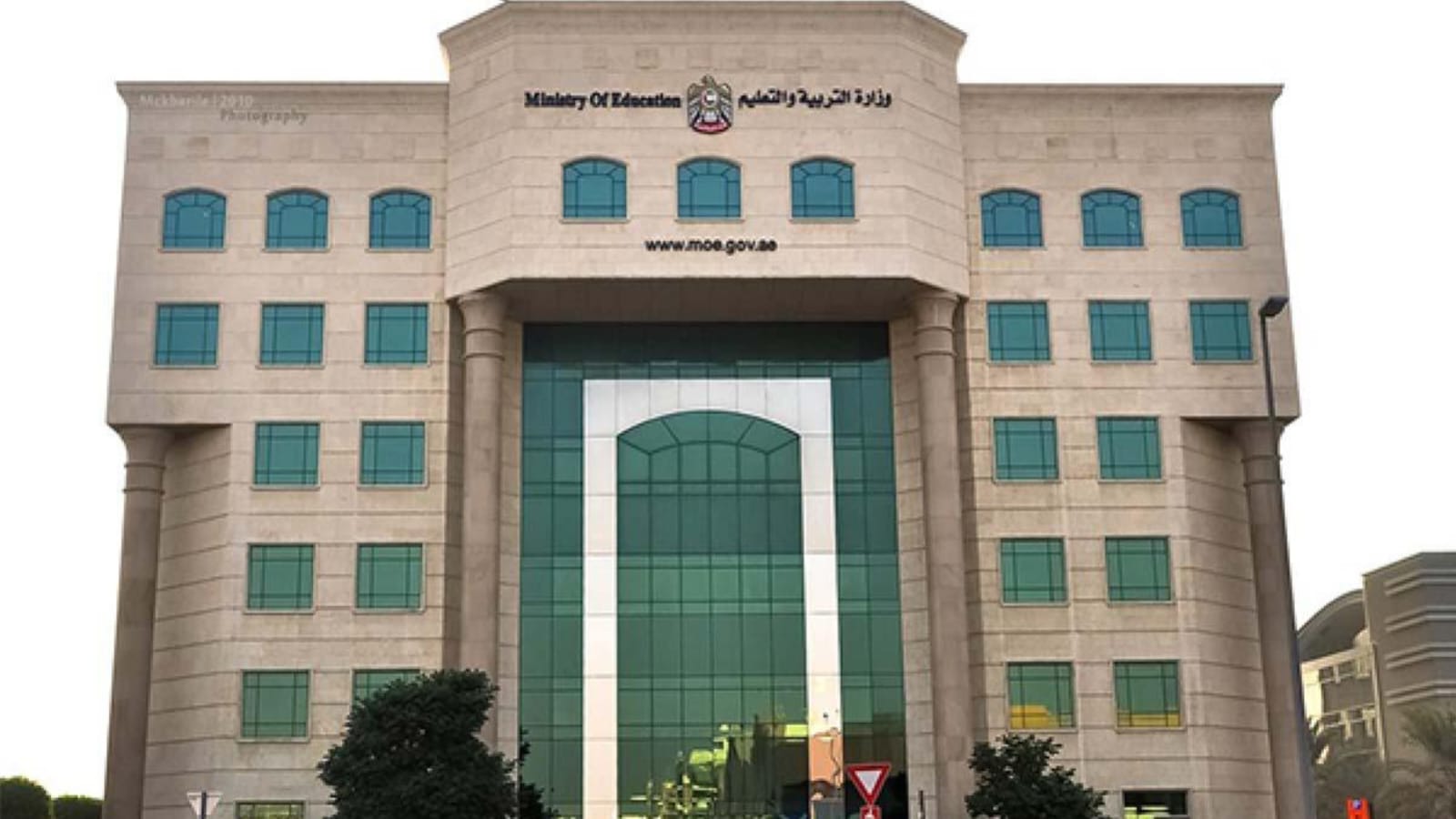Biometric Technology to Replace Emirates ID Cards Across the UAE

In a landmark move, the United Arab Emirates (UAE) is poised to revolutionise the way personal identity is verified across sectors by replacing the traditional physical Emirates ID cards with an advanced biometric identification system. This ambitious transformation, spearheaded by the Federal Authority for Identity, Citizenship, Customs and Ports Security (ICP), signifies a giant leap toward complete digitisation and smart governance in the country. The biometric system is designed to increase security, streamline identification procedures, and elevate user convenience by integrating facial recognition and artificial intelligence (AI) technologies.
The full-scale roll-out is scheduled for completion within the next year and is part of a broader strategic vision to enhance digital identity systems. The biometric initiative will impact various sectors such as banking, healthcare, telecommunications, and government services, allowing for more secure and accurate identification.
The Evolution of Identification in the UAE
The Emirates ID card has long been a central component of personal identification in the UAE. Introduced as a mandatory national document, it is used for a variety of services ranging from banking to healthcare. However, as technology has evolved and security demands have intensified, the need for more sophisticated, flexible, and secure methods of identity verification became evident.
Recognising this, the ICP has embarked on developing a biometric identity system that replaces the need for a physical card altogether. This transformation is not just a technological upgrade but a reflection of the UAE’s broader vision to lead globally in digital innovation and smart governance. Strategic partners and technology developers are working closely with the ICP to bring this futuristic vision to life through smart applications accessible on mobile devices.
Biometric Technology: Enhancing Security and Convenience
The core of the new system lies in biometric identification. Leveraging facial recognition and AI, the system ensures precise and secure identity verification. By eliminating the reliance on physical cards, the UAE aims to reduce forgery, streamline verification procedures, and enhance user convenience. These biometrics will be integrated into an intelligent digital platform, accessible via smartphones and other smart devices.
This approach aligns with international best practices in cybersecurity and risk management. The ICP confirmed that these technologies comply with national data protection laws, ensuring that citizens and residents are protected against misuse and identity theft. In the long term, biometric verification is expected to provide not just higher levels of security but also increased efficiency in public and private services.
Sector-Wide Integration of the Digital Identity System
The UAE’s digital identity initiative isn’t restricted to government services alone. It is being gradually expanded to encompass key industries where secure identification is paramount. These include banking, telecommunications, healthcare, insurance, and hospitality. For instance, banks will be able to authenticate clients instantly using facial recognition, drastically reducing wait times and eliminating the need for multiple documents.
Telecom providers can verify customer identity instantly during SIM card registration or service modifications. Healthcare providers can use biometrics to confirm patient identities and access medical records swiftly. The hospitality industry can check-in guests using facial recognition, enhancing convenience while strengthening security protocols. Insurance companies can streamline claim processing and customer interactions using biometric verification.
Strategic Roll-Out and National-Level Campaigns
The transition to digital identity is being implemented in structured phases. According to the ICP, the initial stage focused on digitising basic services that could provide quick benefits to users. As the systems matured, more complex and sensitive services were integrated. This phased approach ensures a smooth user experience and allows for troubleshooting during implementation.
In response to a question raised in the Federal National Council (FNC) by member Dr. Adnan Hamad Al Hammadi, the ICP reiterated its commitment to promoting and implementing electronic identity solutions to improve service efficiency. Additionally, the ICP is working on strategic partnerships with leading institutions to accelerate the adoption of the biometric system across sectors.
To support this digital shift, the UAE also launched a national-level campaign titled the “Month of Eliminating Government Bureaucracy” in August 2024. This campaign aimed to identify inefficiencies and promote innovation in public services. Activities were conducted across malls, service centres, and community spaces, where citizens and residents were encouraged to contribute ideas to improve processes.
Fostering Innovation and Government Efficiency
One of the most significant elements accompanying the biometric identity initiative is the introduction of the Bureaucracy Elimination Award. This award incentivises government employees, partners, and the general public to propose innovative ideas that simplify government procedures and improve service delivery.
This initiative is part of a larger strategy under the UAE’s digital transformation agenda, focusing on reimagining how services are offered to the public. It is a call for greater collaboration between government entities, citizens, and private stakeholders to create a streamlined, efficient, and responsive governance model.
The Authority emphasised that digital identity is not just a technological tool but a gateway to stronger security, better services, and more convenient interactions between citizens and institutions. This vision is driving the nation’s move toward smart cities, digital governance, and AI-integrated services.
The Road Ahead: A Digital Future for All Residents
With the successful testing phase completed and integration underway, the UAE is expected to complete the full-scale deployment of biometric ID systems within the next year. This initiative will eventually eliminate the need for residents to carry physical ID cards, reducing paperwork and streamlining identity verification across all touchpoints.
Furthermore, the ICP’s emphasis on compliance with data protection laws and ethical AI implementation ensures that security and privacy remain top priorities. As the UAE continues to adopt emerging technologies, it reinforces its role as a global leader in digital transformation.
From reducing bureaucracy to enhancing public services, the move to biometric identity aligns with the UAE’s broader goals under Vision 2031. It demonstrates a commitment to harnessing digital tools not just for innovation’s sake, but to genuinely enhance the quality of life for all citizens and residents.








1 Comment
[…] Emirates ID is more than just a residency card for UAE residents; it’s a powerful tool that simplifies daily […]
Comments are closed.